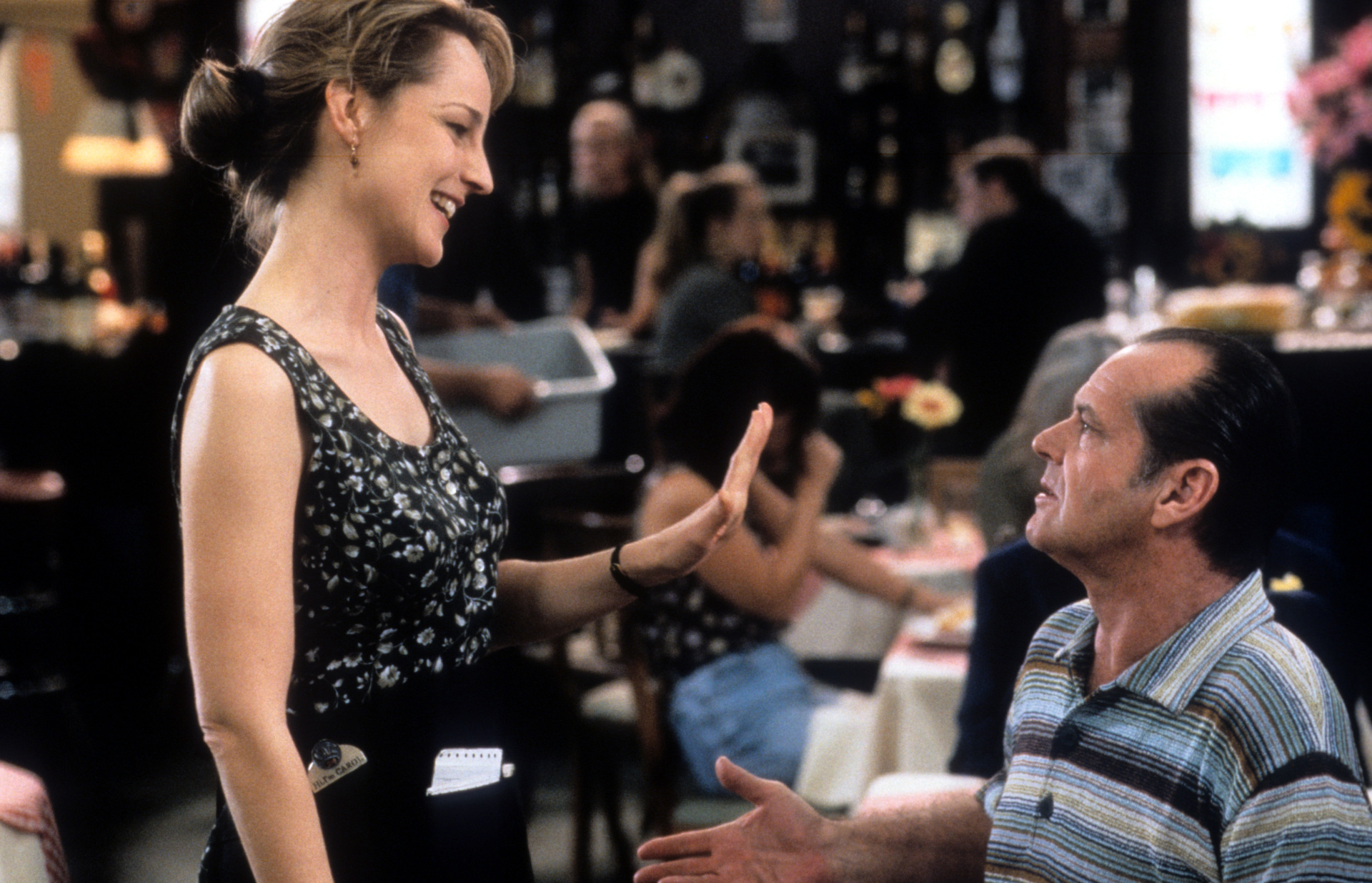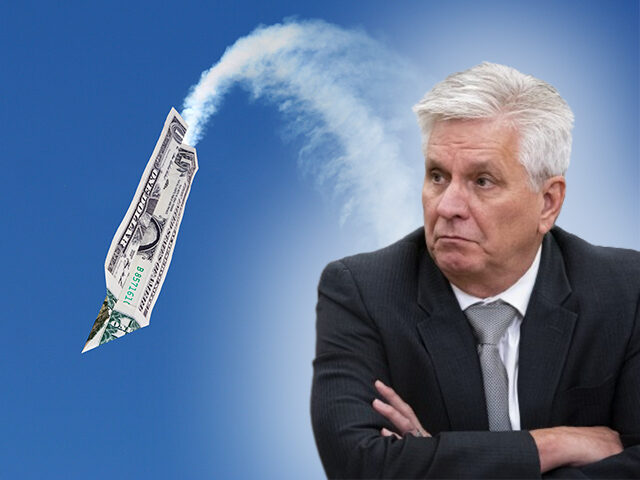A Few Good Months
The prospects of a soft landing for the economy is no reason for the Federal Reserve to rush into rate cuts.
This was the sobering message of Fed Governor Christopher Waller on Tuesday in a live-streamed conversation with David Wessel of the Brookings Institution.
Waller’s remarks appeared to push back against the market’s implied view that the Fed will start cutting rates in March and then cut rates five more times this year. Instead, Waller emphasized that the Fed would move “carefully and methodically,” paying close attention to incoming data to assure itself that progress on bringing inflation down to the two percent target continues.
“The worst thing we’d have is that it all reverses and we’ve already started to cut,” Waller said in answer to Wessel asking why the governor thought the Fed should move slowly and gradually even though inflation has fallen so far.
Waller’s prepared remarks were titled “Almost as Good as It Gets…But Will It Last.” That’s an allusion to the 1987 film staring Jack Nicholson which tells the story of how a misanthropic author played by Nicholson, a single mother waitress played by Helen Hunt, and a gay artist played by Greg Kinnear react to an assault and robbery.

Helen Hunt as Jack Nicholson’s waitress at a restaurant in a scene from the film “As Good as It Gets”, 1997. (TriStar Pictures/Getty Images)
Waller’s speech does not appear to refer to the movie’s plot but instead continues his theme of naming speeches for Nicholson movies. In October he gave a speech titled “Something’s Got to Give,” the title of a 2003 Nicholson film about an odd couple who find love late in life. In December, Waller titled his sequel speech, “Something Appears To Be Giving.”
In the October speech, Waller pointed out that the economy was growing very fast and inflation falling even more sharply than the Fed expected. He argued that one or the other was likely to give way. If the economy kept growing at the strong pace it had in the first three quarters of 2023, inflation was likely to accelerate. If inflation stayed low, it was likely that the economy would slow down.
The December speech argued that economic growth appeared to be giving way, slowing but not crashing toward a recession, while inflation still appeared to be declining. In short, Waller expressed his view that the economy was headed for what has come to be called a “soft landing.”
On Tuesday, Waller said he has become even more confident that growth and inflation will continue to “moderate.” So he’s still in the “soft landing” camp.
No Terms of Endearment for Early and Frequent Rate Cuts
But he departed from many of the soft-landers in his attitude toward the timing and extent of rate cuts. While many soft-landers believe the Fed should and will start cutting rates at the Fed’s March meeting, Waller stressed that there is no need to move quickly. To the contrary, he said that the Fed has good reason to await more data and then to proceed slowly.
Waller’s stance can be understood as a response to the position taken by many analysts that the Fed should start cutting rates very soon because the Fed has allegedly achieved victory over inflation. A good example of this view came from New York Times columnist Paul Krugman.
“Over the past six months, the core personal consumption expenditures deflator — try saying that five times fast — has risen at an annual rate of only 1.9 percent, below the Fed’s target, and more complex measures are close to 2 percent. Basically, the war on inflation is more or less over, and we won,” Krugman wrote recently. “So why keep interest rates this high?”
Waller’s response is that there’s no guarantee the progress made on inflation will last. He is confident it will last but argues that more data is needed to confirm this.
The Shining Truth About a Soft Landing
Importantly, when Waller speaks about being able to conclude that rate cuts should start, he does so in the future tense. “Time will tell,” Waller says twice in the speech. The Fed “will have to see” that progress can be sustained “before we can start making decisions.” This is not the speech of someone who thinks the Fed will be ready to cut rates two months from now.
Waller argues that the soft landing means the Fed can wait to cut rates.
“In earlier times, a recession would hit, some bad negative shock, and the FOMC had to move fast and by a lot. That’s not the situation we are facing right now,” Waller said during the Q&A. “We can take our time to make sure we do this right.”
In his prepared remarks, Waller said much the same thing:
When the time is right to begin lowering rates, I believe it can and should be lowered methodically and carefully. In many previous cycles, which began after shocks to the economy either threatened or caused a recession, the FOMC cut rates reactively and did so quickly and often by large amounts. This cycle, however, with economic activity and labor markets in good shape and inflation coming down gradually to 2 percent, I see no reason to move as quickly or cut as rapidly as in the past. The healthy state of the economy provides the flexibility to lower the (nominal) policy rate to keep the real policy rate at an appropriate level of tightness.
Perhaps the most important moment came in response to a question from Wessel.
“It sounds like you’d rather err on the side of waiting too long than going too soon,” Wessel asked.
“Yeah,” Waller said.
That’s a point we’ve raised a number of times. If we’re headed for a soft-landing, there’s no catalyst for a rate cut early this year. Nothing is compelling the Fed to cut quickly or frequently. A more prudent approach would be to wait to see how the economy develops this year before implementing the first cut and then wait to watch how it reacts to that decrease before acting again.
In other words, the Fed can be an easy rider on interest rate policy this year. Rate cuts can wait.

COMMENTS
Please let us know if you're having issues with commenting.